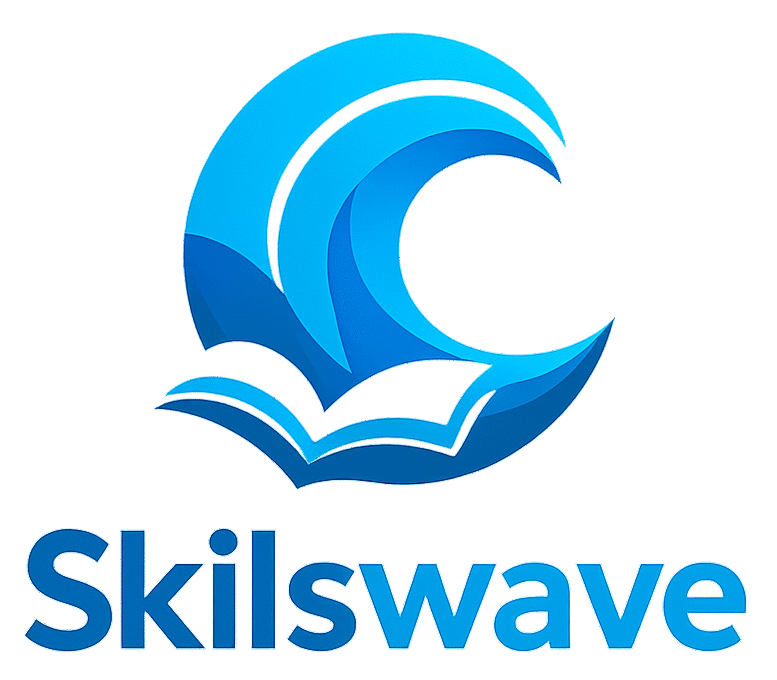Learning Management Systems (LMS) have become integral to today’s education system. Essentially, they’re the digital backbone of many educational institutions, tying together online classes, tracking student progress, and offering resources all in one place. But as the landscape of education shifts, LMS are evolving to keep up with new demands.
The trend towards digital-first education is undeniable. Schools and universities are putting more classes and resources online, making education more accessible than ever. LMS are adapting to this shift by becoming more intuitive, feature-rich, and student-friendly. They’re transforming education from a traditional classroom to an interactive experience that can be accessed from anywhere.
Technology integration in the classroom is a hot topic, and for good reason. While it brings a bunch of benefits like personalized learning experiences and greater engagement, it also comes with challenges. An LMS that can integrate seamlessly with other tech tools can be a game-changer, helping educators provide both individualized and collaborative learning experiences.
Speaking of personalized learning, this is where LMS truly shine. By incorporating features that allow teachers to customize the curriculum to fit individual student needs, LMS help create an environment where students can learn at their own pace. It’s like having a personal tutor available at any moment.
Now, artificial intelligence (AI) steps in to make LMS even smarter. AI algorithms can analyze student performance data to offer personalized feedback, recommend resources, and even predict future performance trends. This not only enhances the learning experience but also provides valuable insights for educators to tailor their teaching strategies.
Check out some success stories: many schools have reported significant improvements in student engagement and learning outcomes thanks to innovative LMS platforms. They’ve successfully moved away from outdated educational practices, setting the stage for an exciting and efficient future in education.
Emerging Trends and Innovations in Learning Management Systems
LMS are evolving at an incredible pace, introducing new features and trends that make learning more engaging and efficient. One standout trend is gamification. By turning lessons into games or competitions, students become more active participants in their learning, making it both fun and effective. Points, badges, and leaderboards aren’t just for video games anymore. They’re powerful tools in education, too.
Another compelling shift is the move towards mobile-first platforms. With smartphones practically glued to our hands, it’s no surprise that learners prefer accessing educational content this way. LMS are adapting by offering mobile-friendly interfaces, ensuring students can learn whenever and wherever they want. This makes education much more flexible and aligned with modern lifestyles.
Data analytics is becoming a powerhouse in shaping education strategies. LMS are increasingly utilizing detailed data analytics to understand student performances better. This means educators can tailor lessons to address areas where students struggle most, ultimately improving the learning journey. It’s no longer just about grades; it’s about providing a full-circle educational experience.
Cloud-based LMS solutions are gaining traction due to their scalability and accessibility. Educators and students can now access course materials and upload assignments from virtually anywhere, all without the need for expensive infrastructure. This scalability is crucial for accommodating the ever-growing pool of digital learners.
As schools continue blending traditional and online teaching methods, hybrid and remote learning solutions are more important than ever. LMS play a vital role in ensuring these methods can be integrated smoothly, helping learners transition between different learning environments without missing a beat.
Looking ahead, the future of LMS looks promising. More advanced AI features, even more sophisticated personalization options, and the possibility of virtual reality in education are just around the corner. As these systems continue to evolve, they promise to radically change how learning happens, making it more immersive and effective for everyone.
